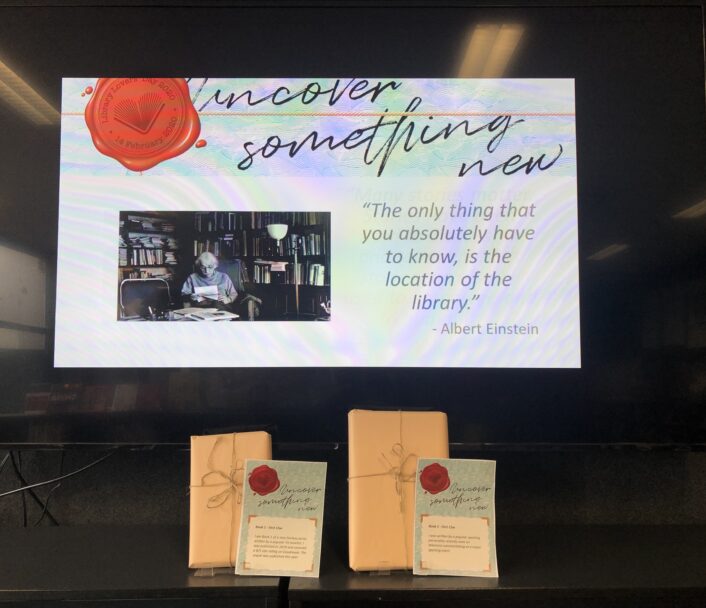
Exceptional VCE results for the Class of 2020
Brighton Grammar’s Class of 2020 recorded the School’s best academic results in recent history, with Headmaster Ross Featherston describ
Reading aloud to boys, even when they are well into Secondary schooling, has many benefits for both the reader and the child.
Reading regularly sends the message that reading is worthwhile. Studies into reading motivation suggest that knowing the people they admire value reading and read regularly is one of the greatest reading motivators for young people.
Boys who enjoy reading will want to read, so positive reading-together experiences promote this. In effect, you are advertising reading by exposing boys to great stories and informative texts.
Reading is one of the greatest practical tools in life, and subsequent access to knowledge is powerful. Boys can begin to establish a positive relationship with the printed word and grow into adults who read readily and frequently.
Reading aloud enables access to a greater range stories and information. Students can be read texts that are of interest to them but beyond their reading level, which stretches their understanding and motivates them to improve their skills.
We can also model to boys that reading can help us to relax and bring us pleasure during our leisure time.
Being read to also develops comprehension, especially when supported with follow up discussion. It builds vocabulary, and provides a model for fluent reading.
The size of our vocabulary has a significant impact on learning success. Studies suggest that students with expanded vocabulary knowledge learn more, remember more and are more interested in what they are learning.
Reading aloud to boys allows adults the opportunity to expand vocabulary by addressing any new words that they come across, particularly when accessing more challenging texts of interest.
Choosing a book at random has its place, but carefully selected texts, where some thought and planning has gone into the discussions that can result from the content and text, are enormously valuable. A productive discussion will also help to develop the characteristics of an effective reader.
Your questions can range from, who, what, where?, to, what is happening here and what might happen next?, to more developed suggestions, how would you feel if this was you? and, why do you think this might have happened?
Sometimes children need time to think about stories they have read, so conversations can continue for a day or two.

Brighton Grammar’s Class of 2020 recorded the School’s best academic results in recent history, with Headmaster Ross Featherston describ

A new chapter for BGS Libraries

Letters Club unearths life stories